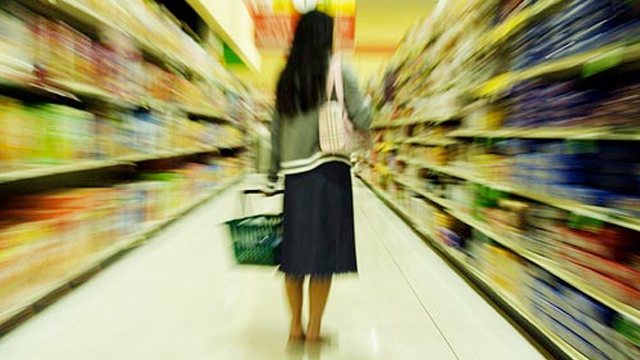From biodynamic to dolphin-safe, free range to grass fed, there are enough food labels out there to make your head spin. Any product can slap on a label with an environmental claim, but not all labels are created equal. Audobon Magazine cooked up a nice and simple breakdown of what labels have a leg to stand on, and which aren’t much more than pasture-raised B.S.
Third-party labels are the most meaningful. They can’t be used without independent verification, so they’re generally the real deal. They include:
- USDA Organic
- Fair Trade
- Rainforest Alliance
- Food Alliance
- Demeter Biodynamic
- Salmon-Safe
- Bird Friendly
- Certified Humane Raised and Handled
- FishWise
- Non-GMO Project Verified
- Healthy Grown Potatoes
The confusion surrounding eco labels is amplified by the fact that different foods are regulated by different or multiple government agencies. The following middle ground labels are weaker than independently verified ones and should be taken with a grain of salt:
- Raised Without Antibiotics
- Natural
- Free Range
- Grass Fed
- Nutri Clean Residue Free Certification
- Marine Stewardship Council
And then there are the labels that anyone can use and no one checks to see if they’re true or not. These are essentially false advertising:
- Cruelty free
- Cage free
- Environmentally friendly
- Nature’s friend
- No chemicals
- Vegetarian fed
Check out Audobon for a complete rundown.
(via Grist)
Photo: Ralph Bijker / Flickr
